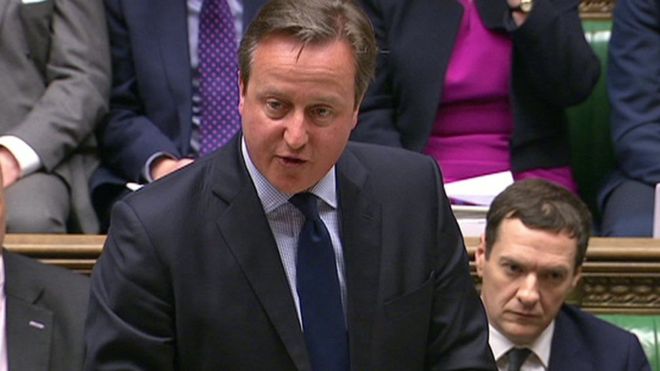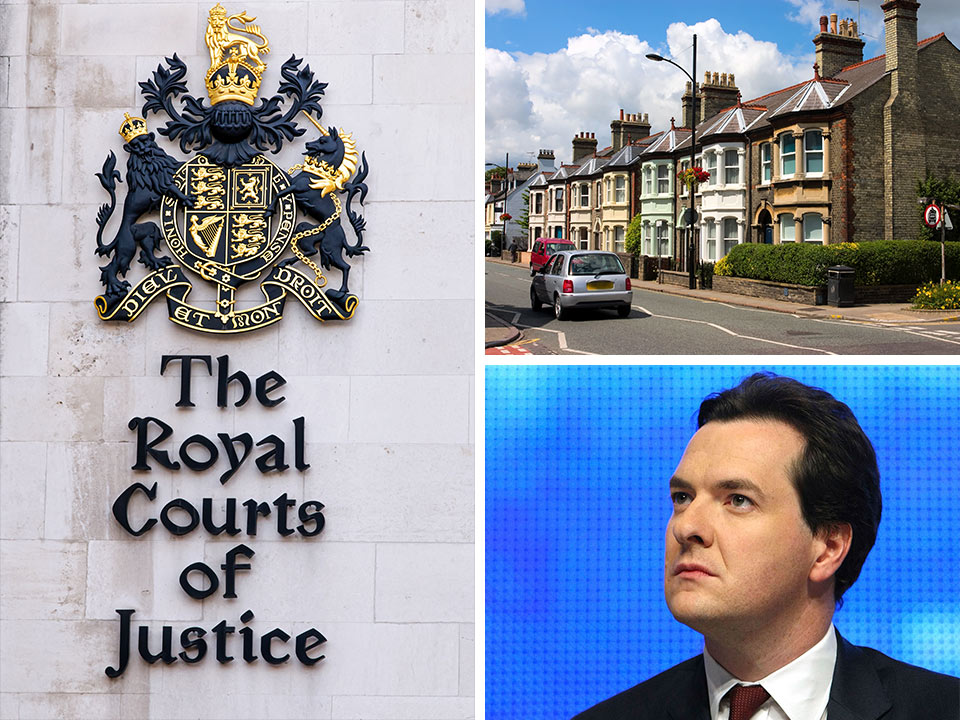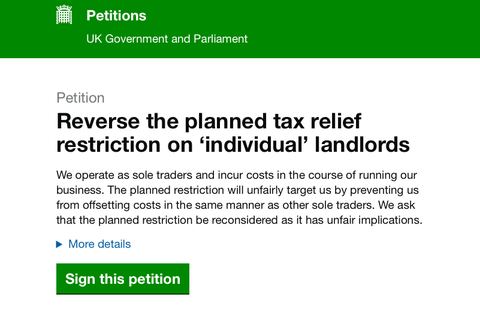Buy-to-let Landlords taking the government to court to challenge tax relief restrictions will have their hearing at the Royal Courts of Justice on Thursday 6th October.
The group, led by the founder and chairman of Platinum Property Partners, Steve Bolton, and landlord Chris Cooper, seek to overturn former chancellor George Osborne’s decision to restrict the amount of tax relief a landlord will be able to claim on mortgage interest outlined in last year’s summer Budget.
The judicial review of Osborne’s proposals was financed by a crowdfunding campaign which followed a failed parliamentary petition to challenge the proposed tax changes.
Over £100,000 was raised by the pair who hired Omnia Strategy LLP, the law firm founded chaired by Cherie Blair in 2011, to act for them. At the landlord conference named the “Tenant Tax Summit” held in June to discuss the case, Blair claimed that the former Chancellor’s tax changes warrant a judicial review since they “discriminate against landlords according to the European Convention on Human rights.” Also speaking at the event was the Conservative Life Peer and former MP Lord Howard Flight who had written a letter to the Government “Why the Government is wrong to attack buy-to-let.”
Unless the legal challenge is successful, the government’s tax changes will come into effect in April 2017.






